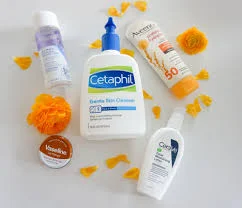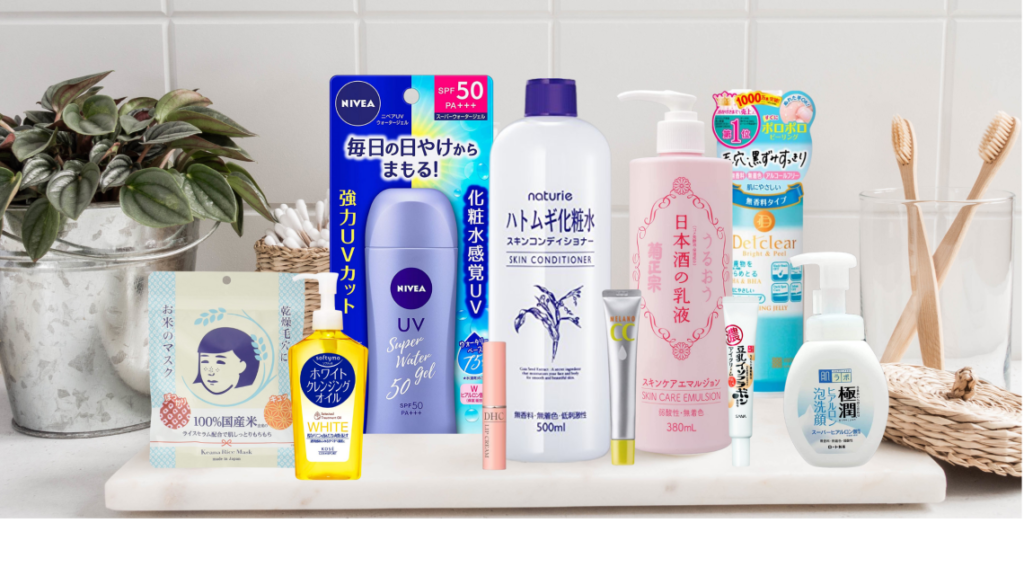As 2023 draws near, the beauty industry is poised for yet another year of transformation, driven by consumers’ increasing demand for authenticity, eco-consciousness, and customized experiences. Over the past few years, beauty lovers have embraced clean formulas, green packaging, and ethical sourcing. And in the new year, these preferences are set to deepen even further.
Here are the top beauty trends experts predict will define the landscape in 2023:
1. Eco-Friendly Packaging Gains Momentum
Environmental consciousness is becoming a standard in the beauty industry, with many brands phasing out single-use plastics and embracing sustainable packaging alternatives. In 2023, expect to see a surge in biodegradable, recyclable, and refillable packaging.
More consumers are intentionally choosing products based not just on their effectiveness but also on how they impact the planet. Brands adopting compostable containers, glass packaging, or reusable designs will likely attract the growing eco-savvy demographic. As more shoppers demand responsible packaging, sustainability is evolving from a “nice-to-have” to a “must-have” feature in beauty.
2. Rise of Plant-Based Beauty Products
Plant-powered beauty is no longer a niche—it’s the future. As awareness around the benefits of botanical ingredients grows, more brands are shifting towards nature-based formulations. In 2023, this shift is expected to explode as consumers seek transparency, clean ingredients, and minimal chemical exposure.
Plant-based products, often rich in antioxidants, vitamins, and natural oils, offer effective solutions for skincare without the harshness of synthetic additives. These products also appeal to conscious consumers interested in ethical and cruelty-free alternatives.
With Nigeria’s abundance of natural resources like shea butter, coconut oil, aloe vera, and turmeric, local beauty entrepreneurs have an opportunity to create homegrown solutions that cater to both local and global markets.

3. Natural Ingredients Take Center Stage
Consumers in 2023 will continue to gravitate toward beauty products that highlight recognizable, skin-friendly ingredients. From tea tree oil and rose water to green tea and jojoba, these components are not only safer for sensitive skin but also offer time-tested skincare benefits.
The appeal lies in the simplicity and gentleness of these ingredients, especially for users dealing with irritation, breakouts, or allergic reactions to synthetic chemicals. Many brands now emphasize ingredient transparency, with clear labeling and detailed explanations of what each element does.
Moreover, the “clean beauty” movement is reinforcing this trend, encouraging consumers to opt for products free from parabens, sulfates, and artificial fragrances.
4. Personalization Becomes Mainstream
Tailored skincare and beauty routines are fast becoming a standard expectation, and 2023 will mark a significant leap forward in product customization. Beauty lovers are no longer satisfied with one-size-fits-all products—they want solutions that are as unique as their skin.
Innovative brands are responding with quizzes, AI-driven diagnostics, and in-store consultations that help customers craft products suited to their skin tone, type, lifestyle, and even climate.
From custom-blended foundations to personalized serums and moisturizers, the beauty world is now offering hyper-targeted results. This personalization not only boosts customer satisfaction but also enhances brand loyalty.
5. Sustainable Beauty: A Lifestyle, Not a Trend
Sustainability is no longer just a buzzword—it’s becoming a core value for beauty consumers. In 2023, more shoppers will actively choose brands committed to ethical sourcing, environmentally friendly production processes, and carbon-neutral operations.
Sustainable beauty goes beyond eco-packaging. It involves using renewable resources, minimizing waste, and investing in fair labor practices. Brands that incorporate green chemistry, water-saving production methods, and locally sourced ingredients are likely to rise in prominence.
Nigeria’s beauty entrepreneurs can tap into this trend by spotlighting traditional, eco-friendly practices and locally harvested botanicals. Aligning with sustainability not only appeals to conscious consumers but also positions a brand as forward-thinking and globally competitive.
Why These Trends Matter for Nigeria’s Beauty Industry
The Nigerian beauty market is booming—and the numbers speak for themselves. In 2023 alone, Nigerians spent an estimated $7.8 billion on beauty products, topping the list across Africa. This indicates a massive appetite for skincare, cosmetics, and wellness products, especially among younger consumers influenced by social media trends and global beauty movements.
Several factors make the Nigerian market ripe for innovation:
-
Digital Engagement: Social platforms like Instagram and TikTok have become essential in driving beauty trends. Content creators and influencers now have significant power in shaping consumer behavior.
-
Diverse Consumer Base: Nigeria’s population spans a wide range of skin tones and hair types, presenting an opportunity for inclusive and representative product development.
-
Local Ingredient Availability: With access to natural resources like cocoa butter, neem, and black soap, Nigeria is uniquely positioned to lead in the production of clean and effective beauty products.
-
Tech Adoption: With the rise of online shopping and digital marketing, beauty brands now have better tools to reach and serve a tech-savvy customer base.
Final Thoughts
As we enter 2023, it’s clear that the beauty industry in Nigeria and globally is becoming more conscious, more connected, and more customer-centric. Brands that embrace sustainability, invest in innovation, and listen closely to consumer demands will thrive in the evolving landscape.
For entrepreneurs and beauty professionals, now is the time to align with these trends—by offering clean, plant-based, personalized, and environmentally responsible products that meet the modern beauty enthusiast’s expectations.







